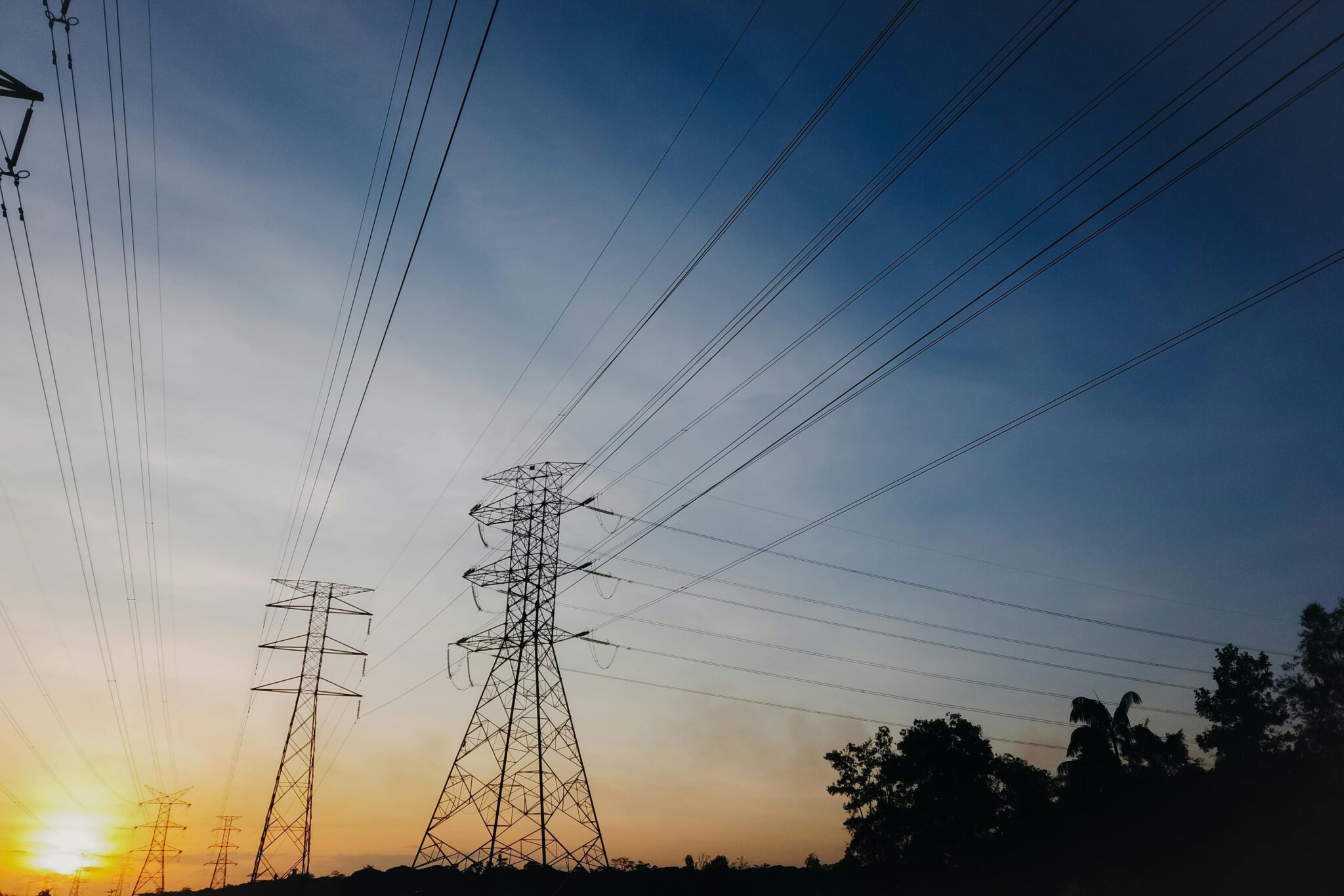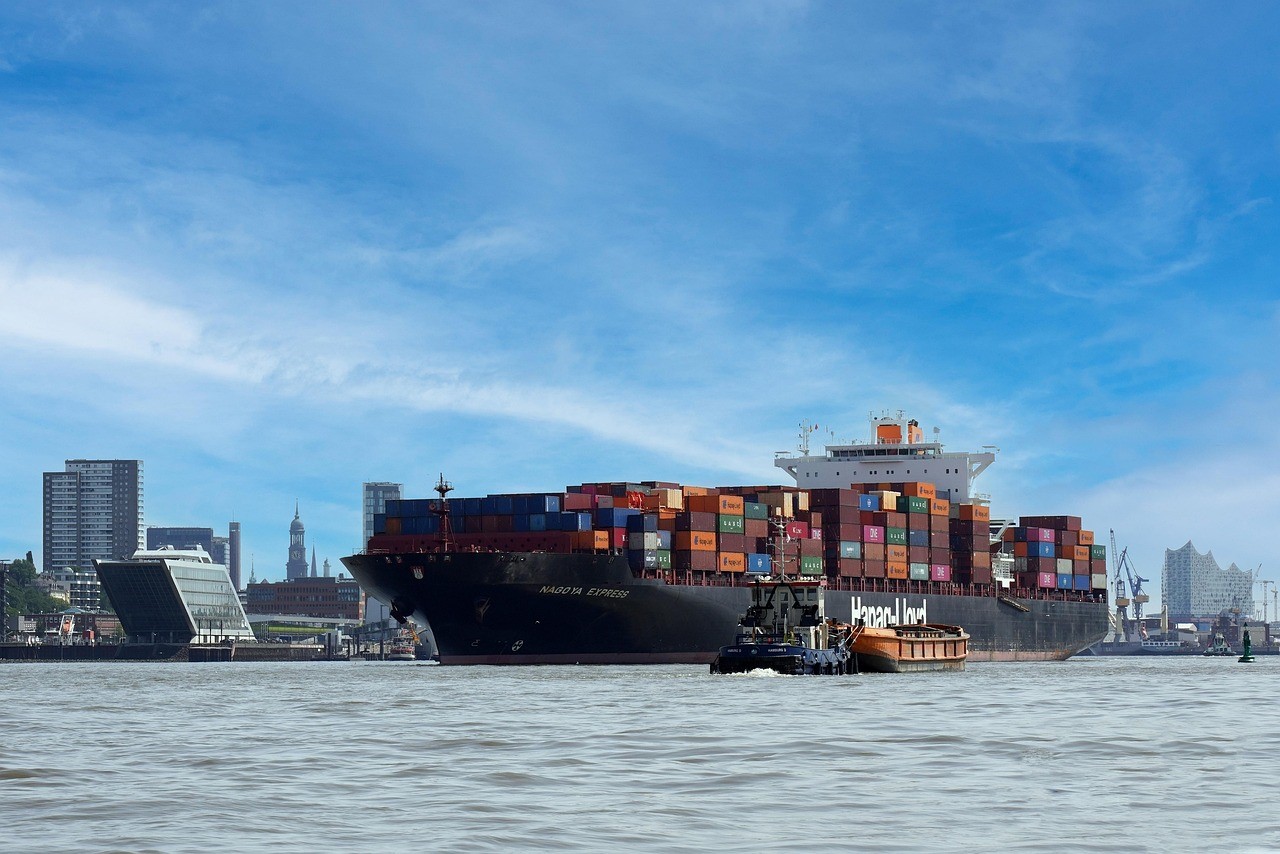
GRI has started already to update the new GRI Standards, which were released in autumn 2016. The first Standard to be revised is GRI 303: Water and the draft Standard in now available for public consultation.
The Global Sustainability Standards Board (GSSB) has appointed a project working group for the revision. According to the group the Standard is now more up to date and “brings the proposed revised draft Standard in line with internationally-agreed best practice in water reporting.”
The reasons behind the revision is to improve the quality and utility of information about companies water impacts as well as helping them to provide comparable and action-ready information.
“The revised Standard will thus enable organizations to be more transparent about their water impacts, and to understand where improvements can be made.”
Changes to the Standard, suggested by the Project Working Group and incorporated into the revised draft Standard follow below:
- Reporting water consumption in addition to water withdrawal is now required, with an emphasis on reporting in water-stressed areas. This aims to focus reporting on an organization’s overall water impacts, especially in sensitive areas.
- Effluents and discharge content (previously part of GRI 306: Effluents and Waste) is now incorporated into GRI 303. This aims to provide a full picture of water impacts, from withdrawal to consumption, to discharge. The Standard has also therefore been retitled GRI 303: Water and Effluents.
- More detail is now required on water discharges – including reporting discharges by level of treatment or quality, as well as substances of concern.
- Reporting additional water and effluents related management approach is now required. These additional requirements focus on specific elements of an effective management approach for water and effluents, including how water is managed at a local level, and as a shared resource.
- There is a new disclosure for reporting on water impacts in the supply chain and related to products and services. Adding this disclosure gives an additional opportunity for organizations to report about significant water impacts elsewhere in the value chain.
- Reporting on water recycled and reused is now recommended, but not required. Although recycling and reuse can be an important part of managing water, the total impacts are now also covered by reporting on water consumption.
- More extensive guidance has been added throughout the Standard, including sample tables for reporting data.
Read the whole article: GRI / News and Press Center
Photo by Simon Caspersen on Unsplash


































